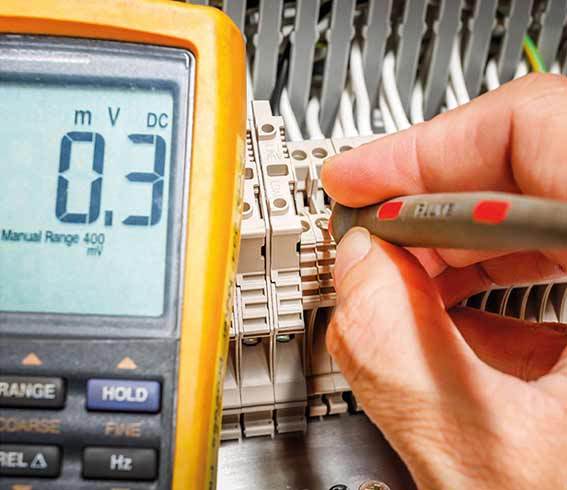For most people, Artificial Intelligence (AI) probably means science fiction movies with robots and computers performing inconceivable human tasks. While this is partly true, what AI really brings is that machines can do smart tasks. As the challenges facing global decision makers skyrocket, there is an urgent need to propel companies and societies forward using the latest technology. With the world changing at unprecedented speed, companies need to modernize and restructure the operation of machines and humans. And AI is helping to meet those goals. According to Forrester, cognitive technologies like robots, artificial intelligence (AI), machine learning, and automation will replace 7% of US jobs. USA By 2025.

The manufacturing sector is characterized by an environment full of uncertainties and evolving dynamics. With increasing market volatility, manufacturers must constantly innovate, adapt and respond to change in the shortest possible time, without hampering product quality and at the lowest possible cost. The efficiency of a manufacturing system depends largely on how well plant processes respond to change. Critical shop functions, such as scheduling and production maintenance, must be extremely responsive, and their integration is what will result in an optimal and robust decision making environment.
AI in manufacturing
AI finds application in a large number of industries, including gaming, banking, retail, commerce, and government, and it is slowly becoming widespread in the manufacturing sector, making it easier to automate industries. AI-powered machines are paving an easier path into the future by providing a host of benefits, offering new opportunities, improving production efficiency, and bringing machine interaction closer to human interaction. The Fourth Industrial Revolution is being driven by the automation of knowledge-based work; By creating new ways to automate tasks, we can restructure the way humans and machines live and interact, to create a better and stronger digital economy.
Artificial intelligence helps to overcome many inherent challenges that have plagued the industry - from shortages of experience to complex decisions, integration issues, and information overload. The adoption of AI in the workshop allows companies to completely transform their processes. Let's take a look at what AI is helping the manufacturing sector achieve:
• Process automation: the use of AI and robots is particularly attractive in industrial manufacturing, as they revolutionize mass production. Robots are able to perform repetitive tasks, streamline the production model, increase capacity, create Automation spare parts solutions that eliminate human error and provide higher levels of quality assurance.
• 24-hour production: While humans are forced to work 3 shifts to ensure continuous production, robots can enable an uninterrupted production line 24 hours a day, 7 days a week. Companies can increase their production capacities and meet the growing demand of customers worldwide.
• Safer working conditions: With various mishaps in the shop, a shift to AI means fewer people have to do dangerous and overly laborious jobs. As robots replace humans and perform mundane and risky tasks, the number of casualties in the workplace will plummet.
• New opportunities for humans: As AI takes over the shop and automates boring and mundane human tasks, workers will focus on complex and innovative tasks. While AI takes care of housework, humans can focus on driving innovation and taking their business to new heights.
• Reduced operating expenses: Although bringing AI to the shop would require a massive capital investment, the ROI is substantially higher. As smart machines begin to deal with everyday activities, businesses can experience significantly lower overhead.
No comments:
Post a Comment